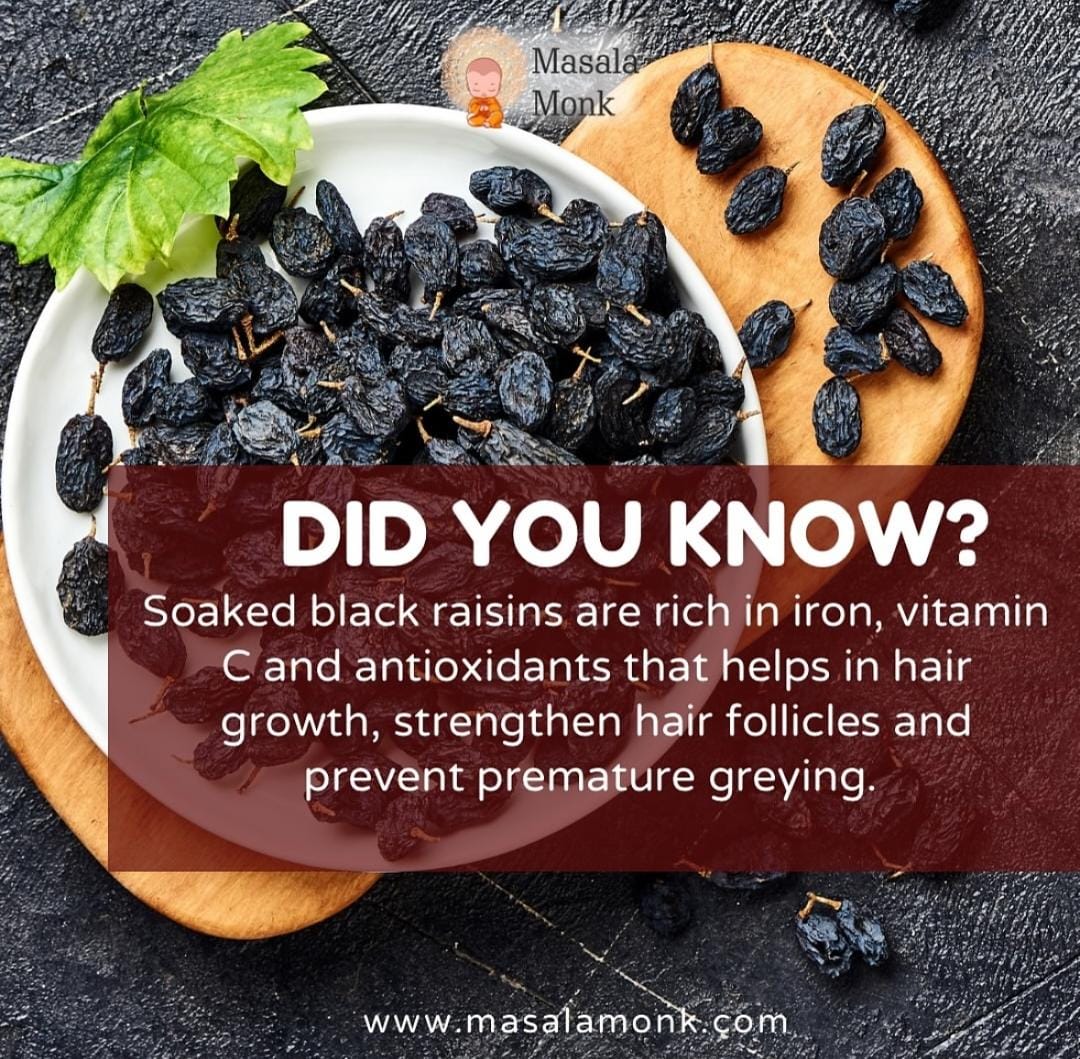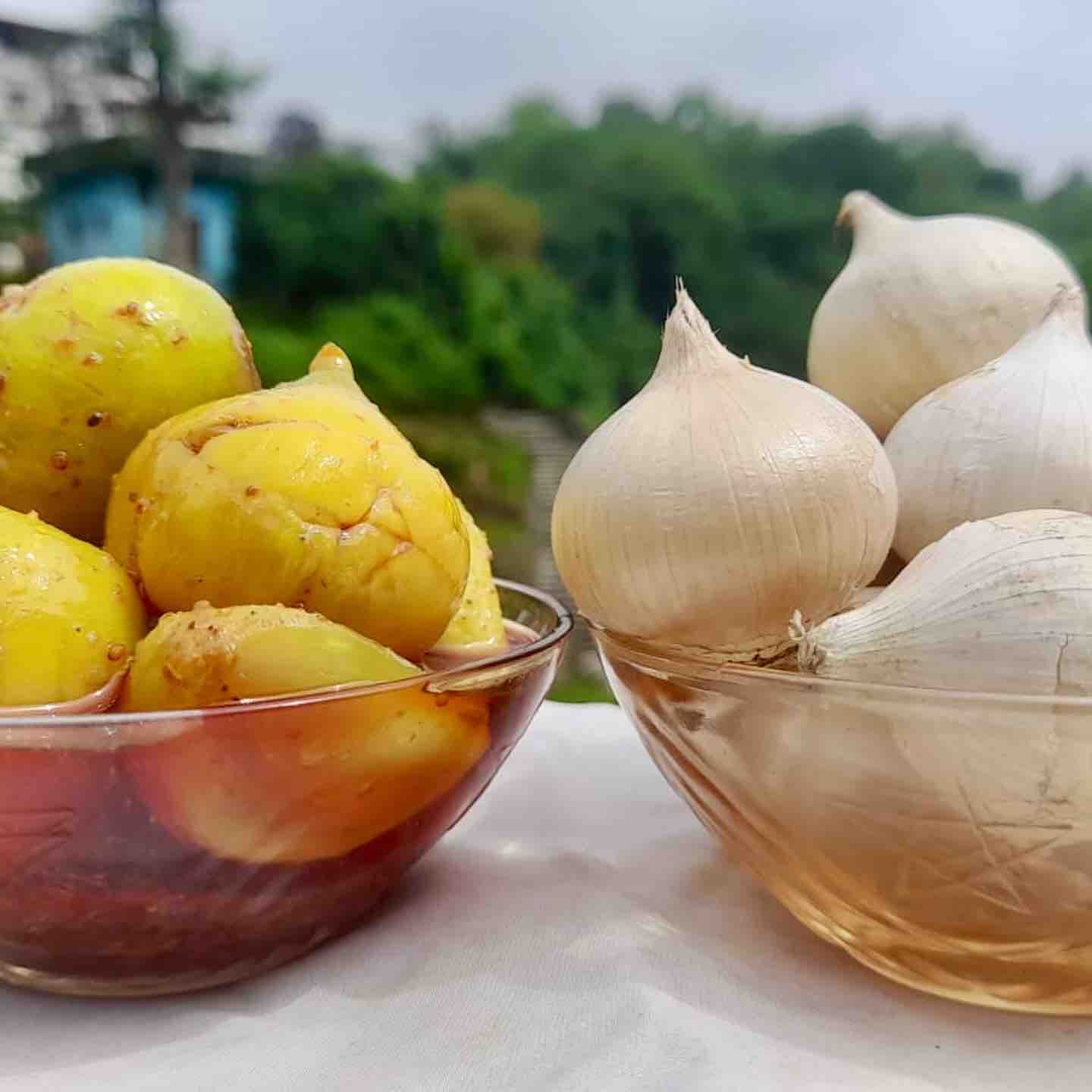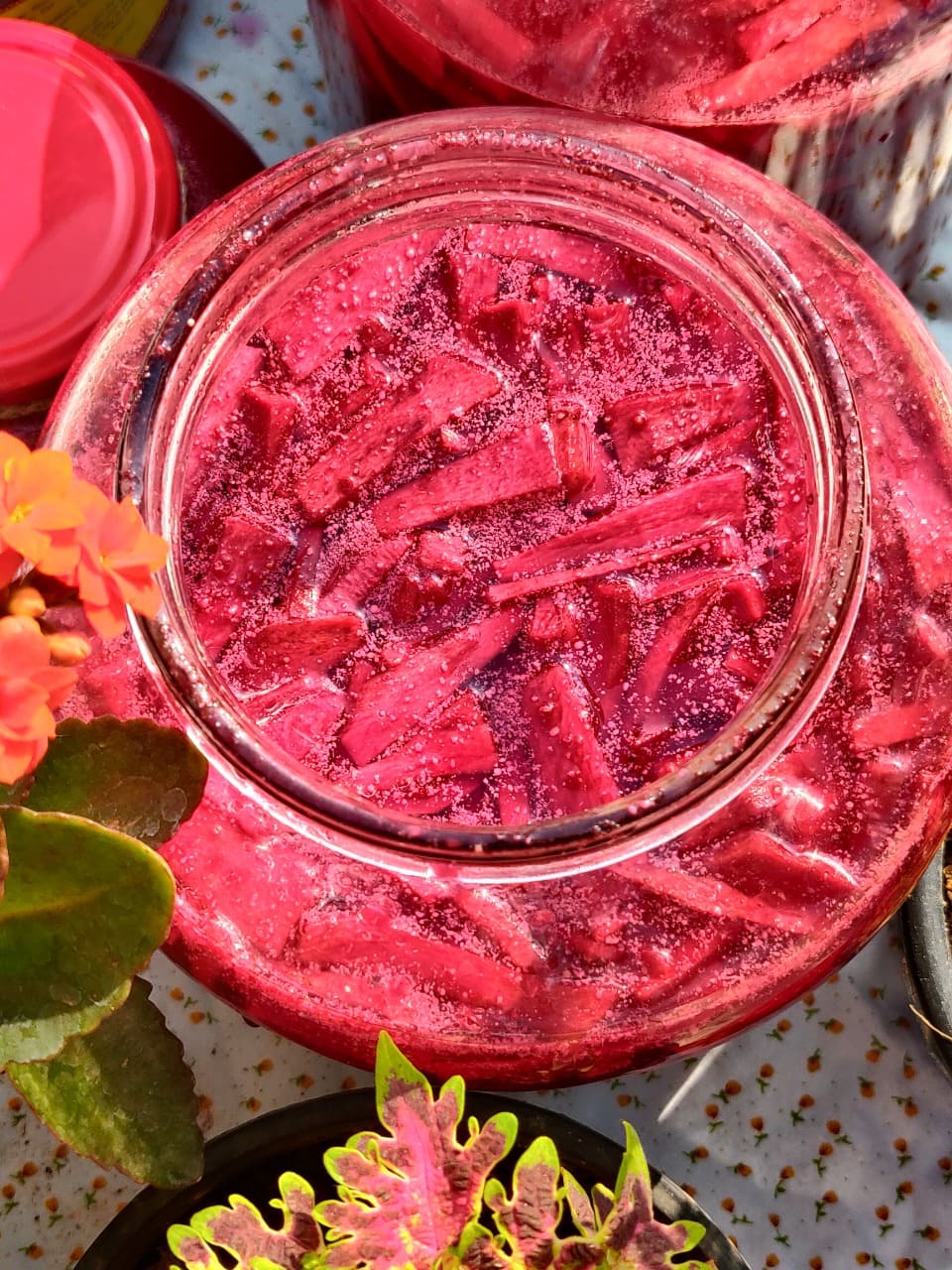
When it comes to maintaining a healthy heart, diet plays a pivotal role. Among the myriad of superfoods gaining attention for their cardiovascular benefits, flaxseed stands out for its impressive potential to lower blood pressure naturally. In this blog post, we’ll explore the latest research, the science behind how flaxseed works, practical ways to incorporate it into your diet, and important considerations for those looking to harness its benefits.
Why Focus on Blood Pressure?
High blood pressure, or hypertension, is a silent yet dangerous condition that significantly increases the risk of heart disease, stroke, and kidney failure. According to the World Health Organization, it affects over 1.2 billion people globally. Managing blood pressure through lifestyle changes, including dietary interventions, is a crucial step toward reducing cardiovascular risk.
The Power of Flaxseed: What Does the Research Say?
Recent clinical studies have reinforced the notion that flaxseed can be a powerful ally in the battle against high blood pressure:
- Meta-Analytic Evidence: A 2023 meta-analysis encompassing 33 randomized controlled trials and over 2,400 participants concluded that flaxseed supplementation significantly reduced both systolic and diastolic blood pressure. The effect was more pronounced with higher doses (30g/day or more) and extended usage (over 20 weeks), particularly in individuals who were overweight or already hypertensive.
- Landmark RCT Results: A landmark randomized controlled trial observed hypertensive patients consuming 30g of milled flaxseed daily for six months. The results were remarkable: a 10 mmHg reduction in systolic and a 7 mmHg drop in diastolic blood pressure. These results are among the strongest for any dietary intervention in blood pressure management.
Mechanisms: How Flaxseed Lowers Blood Pressure
Flaxseed exerts its effects through a complex blend of bioactive compounds:
- Alpha-Linolenic Acid (ALA): This plant-based omega-3 fatty acid is known to enhance vascular function and reduce inflammation.
- Lignans: These phytoestrogens possess potent antioxidant properties, influencing hormone balance and vascular health.
- Dietary Fiber: Helps improve lipid profiles and supports overall cardiovascular health.
- Soluble Epoxide Hydrolase (sEH) Inhibition: Some studies indicate that flaxseed may reduce sEH activity, an enzyme that contributes to hypertension.
How to Add Flaxseed to Your Diet
Incorporating flaxseed into your daily routine is simple and can be quite enjoyable:
- Form: Ground flaxseed is recommended over whole seeds for optimal nutrient absorption.
- Dosage: Aim for at least 30g (about 3 tablespoons) daily to achieve the best results.
- Preparation Ideas:
- Add to smoothies or protein shakes
- Mix into oatmeal or yogurt
- Use in baking recipes like muffins and breads
- Sprinkle over salads or stir into soups
Things to Keep in Mind
While flaxseed is generally safe for most people, there are a few considerations to be aware of:
- Digestive Effects: Some individuals may experience bloating, gas, or loose stools, especially if they consume it without adequate water.
- Pregnancy and Lactation: Due to the estrogen-like effects of lignans, pregnant and breastfeeding women should consult a healthcare provider before starting flaxseed supplements.
- Medication Interactions: If you’re taking antihypertensive medications, it’s important to consult with your doctor, as combining flaxseed could amplify the effect and lead to hypotension.
Final Thoughts
As scientific interest in nutritional therapies continues to grow, flaxseed emerges as a simple yet potent tool in managing blood pressure and promoting heart health. With robust clinical backing, easy integration into everyday meals, and minimal side effects, flaxseed offers a natural complement—or even an alternative—to traditional blood pressure medications.
Whether you’re already managing hypertension or simply looking to fortify your heart health, flaxseed is a small seed with big potential. Start small, stay consistent, and consult your healthcare provider for personalized advice. Your heart will thank you.
🔍 Frequently Asked Questions (FAQs)
- How much flaxseed should I consume daily to help lower blood pressure?
Most studies suggest 30 grams per day (around 3 tablespoons) of ground flaxseed to achieve significant blood pressure-lowering effects. - Can flaxseed replace my blood pressure medication?
Flaxseed can complement lifestyle changes, but it should not replace prescribed medications without medical supervision. Always consult your doctor before making changes. - What’s the best way to consume flaxseed for maximum benefit?
Ground flaxseed is best, as whole seeds may pass through your digestive system undigested. Add it to smoothies, yogurt, oatmeal, or baked goods. - How long does it take to see results from consuming flaxseed?
Most clinical benefits are observed after 12 to 24 weeks of consistent daily intake. - Are flaxseed oil and whole flaxseeds equally effective?
Flaxseed oil contains omega-3s but lacks fiber and lignans, which are also important. Ground flaxseed provides the full spectrum of benefits. - Can I take flaxseed if I’m already on a low blood pressure diet?
Yes, but monitor your blood pressure, especially if you’re on medication. Flaxseed may enhance the effects of a low blood pressure diet. - Are there any side effects of consuming flaxseed daily?
Some people may experience bloating, gas, or loose stools initially. Increase water intake and start with smaller doses if needed. - Is flaxseed safe during pregnancy or breastfeeding?
Because of its phytoestrogen content, pregnant or breastfeeding women should consult a healthcare provider before using flaxseed regularly. - Does cooking or baking flaxseed reduce its effectiveness?
Moderate heating is safe and doesn’t destroy most nutrients, but excessive heat may degrade omega-3s. Try to add flaxseed after cooking when possible. - Can flaxseed help with other health conditions besides blood pressure?
Yes, flaxseed may help improve cholesterol levels, blood sugar control, digestion, and may have protective effects against certain cancers due to its lignans.














